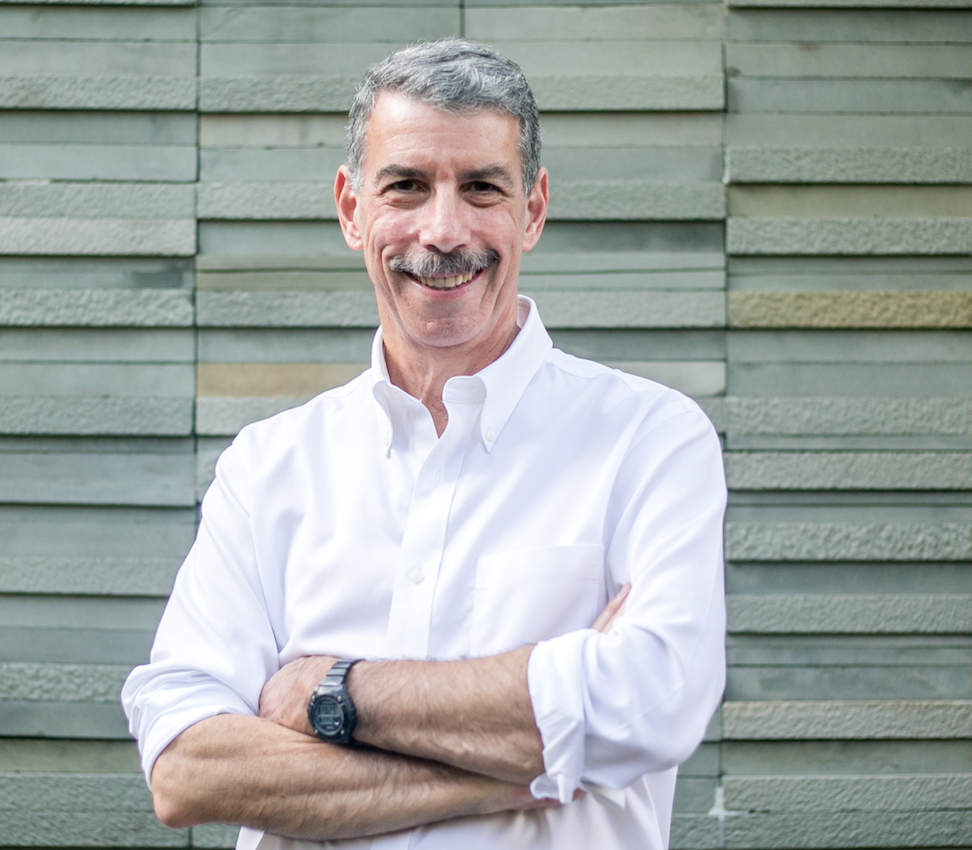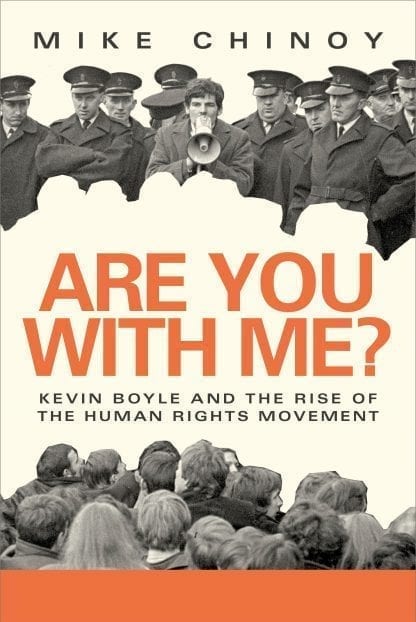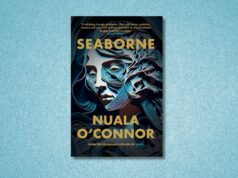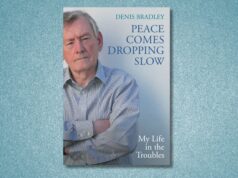
Are You with Me? Kevin Boyle and the rise of the human rights movement
by Mike Chinoy | The Lilliput Press | €20 | 9781843517726
HONG KONG—More than 30 years ago, the late law professor and human rights advocate Kevin Boyle wrote that ‘freedom of expression is not a luxury. It can literally be a matter of life and death.’ Boyle made that observation as the founding director of Article 19, a London-based NGO established in 1986 to do for freedom of expression what Amnesty International was doing for prisoners of conscience.
Living in Hong Kong, I have often thought about that comment in recent months, as I have watched while the Chinese Communist Party, US President Donald Trump and other governments around the world cover up or downplay the current COVID-19 outbreak, accelerating the spread of the disease. Indeed, COVID-19 turned out to be the reason that a three-country, eight-city tour to launch my new biography of Boyle—Are You with Me? Kevin Boyle and the rise of the human rights movement, just published by Lilliput Press—had to be cancelled.
The first stop on that tour was to have been Geneva. It was there that Kevin Boyle served as the chief advisor to former Irish president Mary Robinson during her tenure as UN High Commissioner for Human Rights. His time in Geneva coincided with the terror attacks of 11 September 2001. Boyle played a crucial role in the ensuing international debate over how to respond. His view, which Robinson shared, was that the Al Qaeda attacks constituted crimes against humanity, and, as crimes, should be dealt with in a legal framework, with countries using national and international law to go after those responsible. This, he argued, was not only the most effective approach to combat terrorism, but would help ensure that human rights would be protected as well.
Boyle’s view, however, put him and Robinson at odds with US President George W. Bush’s notion of an unending ‘war on terror’—a concept they viewed as fundamentally flawed. ‘It was a war on an abstraction,’ Robinson told me when I interviewed her, an approach that risked being both ineffective and opening the door to widespread human rights abuses.
Events soon proved Boyle and Robinson right. An entire chapter in Are You with Me? covers their ultimately unsuccessful efforts to push for a response to terrorism that, unlike the policies of governments in the US and elsewhere, would protect human rights. Yet this episode was only one example of how Kevin Boyle, throughout his life and however daunting the odds, was on the front lines of the battle to defend human rights.
I had also planned book talks in Northern Ireland. One was to have been in Newry, where Boyle was born and raised. Another was scheduled for Queen’s University Belfast, which he attended in the early 1960s, and where he later taught law for more than a decade. It was during his time at Queen’s that Boyle became one of the most important figures in the Northern Ireland civil rights movement. He was a founder and leader of the Northern Ireland Civil Rights Association and the more radical People’s Democracy. He played a crucial role in the famous PD march from Belfast to Derry in January 1969, which was attacked by loyalist mobs and became one of the turning points in the North’s descent into violence.
Yet Boyle remained unalterably opposed to violence. In the wake of the British Army’s killing of unarmed demonstrators in Derry on Bloody Sunday in 1972—a march he helped to organize—he stepped back from street politics. Instead, he focused on using the law to combat injustice, first in Northern Ireland, and then on the broader international stage.
As I document in Are You with Me?, Boyle brought the first individual cases of torture and mistreatment of Northern Irish detainees by the British authorities to the European Commission on Human Rights in Strasbourg. He was the lead lawyer in the case the decriminalised homosexuality in the North, which led in turn to its legalisation in the Irish Republic and elsewhere. In Strasbourg he defended journalists facing trial and imprisonment in Europe and the Middle East, and brought—and won—scores of cases on behalf of Turkey’s beleaguered Kurdish minority.
As director of Article 19 in the late 1980s, he organised and led, at considerable personal risk, the campaign to defend the writer Salman Rushdie after Rushdie was condemned to death by Iran’s Ayatollah Khomeni. One of my biggest regrets about the cancellation of my book tour is that an event had been scheduled at the headquarters of Article 19 in London, which, more than three decades after Boyle began to build the organisation, remains an important voice for freedom of expression.
I was also planning to give book talks in Dublin, at NUI Galway, and the University of Essex. As one of Ireland’s leading public intellectuals, Boyle was extremely well connected in Dublin, and influenced the thinking of successive Irish and British governments as he helped create the intellectual foundation for the Northern Ireland peace process. Meanwhile, it was at Galway and Essex that he pioneered the idea that human rights should become an integral part of legal education. Indeed, the Irish Centre for Human Rights, which he founded in Galway, and the Human Rights Centre he built at Essex, remain among the world’s leading institutions for training and developing a new generation of human rights defenders. Boyle’s students can now be found in leading positions at organisations such as Human Rights Watch, Amnesty International, Article 19 and elsewhere.
Many of the nearly 150 people I interviewed for the book characterised Boyle as a visionary, a man who identified key issues and trends, and acted to address them, long before others.
For all his idealism, however, those who knew him also described him a hard-headed realist. He was well aware, as he wrote shortly before his death, that the ‘ambition of universal human rights as a whole is clearly an ambition that has not been realized. The majority of mankind does not enjoy the promise of full human rights.’
Unlike some, Boyle recognised that human rights can never be taken for granted. With the threat to existing human rights standards in the UK posed by Brexit, the erosion of civil liberties in the US amid the Trump administration’s retreat from the traditional American role as a champion of democracy and multilateralism, and new restrictions around the world because of COVID-19, Boyle’s belief that human rights have to be fought for over and over, despite the likelihood of setbacks, seems more relevant than ever today. It’s a point I hope to be able make in person in Ireland and elsewhere whenever the COVID-19 outbreak subsides.

Mike Chinoy was a long-time foreign correspondent, serving as CNN’s first Beijing bureau chief and as senior Asia correspondent. He covered the Troubles in Northern Ireland in the 1970s and ’80s. He is currently a Hong Kong-based Non-Resident Senior Fellow at the University of Southern California’s US–China Institute.
His new book is Are You with Me? Kevin Boyle and the rise of the human rights movement – out now and available from The Lilliput Press or all good bookshops.













